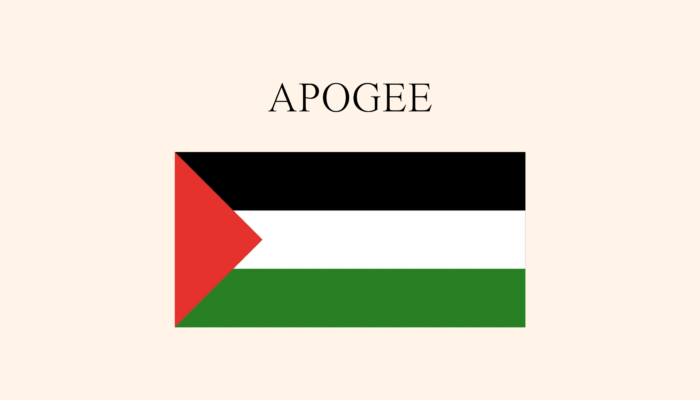Arriving
By Maritza Arrastia
This is an excerpt from the beginning of the novel in progress Todos. It takes place in a fictional Caribbean island, half socialist and half a colony, that sits in the sea in relation to the metropolis, called the City, like Cuba sits in relation to key West. The collapse of capitalism is just a few degrees more acute than it is now. For two centuries Karaya, the colony, has been fighting a liberation war against the City. Socialist Ventura has been defending its revolution from unrelenting imperial attack for fifty years. The island is straddled by an imperial base, half of it in the colony and half of it in the socialist country. Many rebels have been disappeared there and a permanent demonstration has arisen beside it, where my protagonists have just arrived, a pod of two women in their sixties, one with her son who is 17, and one with a six year old granddaughter, looking for Desaparecido loved ones who may have been disappeared in the base.
The driver dumped our duffels on the gravel and took off. Before we left the City my son Machi made the rule, one small duffel bag apiece, plus one with tarps for our shelter was all we could bring. Our 17 year old leader pointed to a plume of smoke. We followed the smoke to a rise on the road. We looked down at a path spiraling through clusters of brown tents, blue tarps, wooden shelters, and small pastel houses. “Mira, el circo,” Taina said. The six year old girl ran ahead to keep up with Machi. He strode to the head of the path down to what was once the Playa Coral Eco-preserve and was now occupied Palenque.
My friend Julia and I stood on the rise with our new friend Franz from the ferry, looking down at the encampment and beyond it at the Caribbean sea. We could make out the Ferry we had just arrived in. “Como el cuito de mi abuela,” my friend Julia said. Our new guardia friend Franz nodded.
“We are a quilt, a patchwork of people as different as you and me, who refuse to move, to be moved, for as long as it takes, until the Desaparecido they’re here for is released from the Base, or until Karaya is free. Sooner or later everyone you know turns up in Palenque.”
“I didn’t imagine a happy place, “ Julia said. The wind shifted, and shards of music reached us.
“We are a happy animal. We can be a happy animal.” I cut in, “As welcome on this planet as Taina’s dolphins chasing the Ferry.”
Taina screamed, “Caballitos!” Three small wild horses ran past her and Machi.
“Or as welcome as wild horses in Playa Coral.” Franz said.
“Mira, mira los caballitos.” Taina chased after them.
“Gotta get back to the base,” Franz said. He hugged and kissed us all like an old friend. He caught up to Taina who had stopped running when the horses got away, squatted down and Taina kissed him. We watched him walk quickly away from us down the road to the Base. I felt bereft, lost without him, someone I had just met, and a Guardia!
We made our way through the labyrinth of shelters. A few yards from where four men played dominoes on a table made from crates Machi found an empty spot sheltered by a seapine. He pointed and we set down our duffels in a little circle. We sat on them and looked at each other.
Julia said. “Here we are. Dos señoras serias living a la intemperie.” She took my hand. “Now what do we do?”
I looked at my watch and it was just past four. “The beginning of our new life.” I spoke so that Machi and Taina didn’t hear. “How long can we last here?”
Julia looked away. I knew what she was thinking. “As long as it takes to find them,” she said. She was looking for her son, Machi’s best friend. I was looking for my husband, Machi’s father.
“A la playa” Taina jumped and twirled and then stopped. She’d seen an iguana, the first time. She stood perfectly still with her hands held up and said, “Un dinosaurio bebe.” She moved her hands to grab the crested lizard and it vanished. She dug her hands into her duffel, chanted, “Donde esta la playa?” She pulled out her blue bathing suit with the ballerina tutu, and stripped and changed behind the seapine. Machi reached for her hand. When he followed her lead she was overjoyed. Julia waved at them as she spread a tarp on the ground and lay on it, with her head on Taina’s duffel for a pillow. I couldn’t believe that within minutes she was asleep, right here, outdoors, a la intemperie, on the sand.
I jumped up before I lost sight of Machi and Taina. I followed them past the maze of huts and tents on the path along the dune, toward the hum of the surf, ever present beneath the music, bits of conversations, and radio voices kiting on the wind. The path turned onto a beach of white sand and turquoise sea I remembered. Taina screamed, “la playa,” and ran ahead. Machi ran after her. I kicked off my sneakers, rolled up my jeans, and caught up to them just as they reached the water. Taina ran into the surf, Machi ran in after her, wearing the shorts he’d traveled in. I let the waves lap at my ankles and watched them.
“We have to go build our shelter,” Machi called out. He pointed to the slowly sinking sun. In that light the high mesh fence of the outer perimeter of the base loomed over us as it rose from the water. This was not paradise.
MARITZA ARRASTIA is a Cuban-Puerto Rican writer of fiction, poetry, screenplays and journalism. She is the author of the novel Exile and her work has appeared in a number of anthologies. She has received support from the New York Foundation for the Arts. She believes writing is an act of liberation. She brings her writing practice to her work as an activist for social change most recently around struggles for housing as a human right in Sunset Park, for political and economic equity, and for climate justice. She is working to build a New York Writers Coalition Workshop for immigrant women in Sunset Park.




